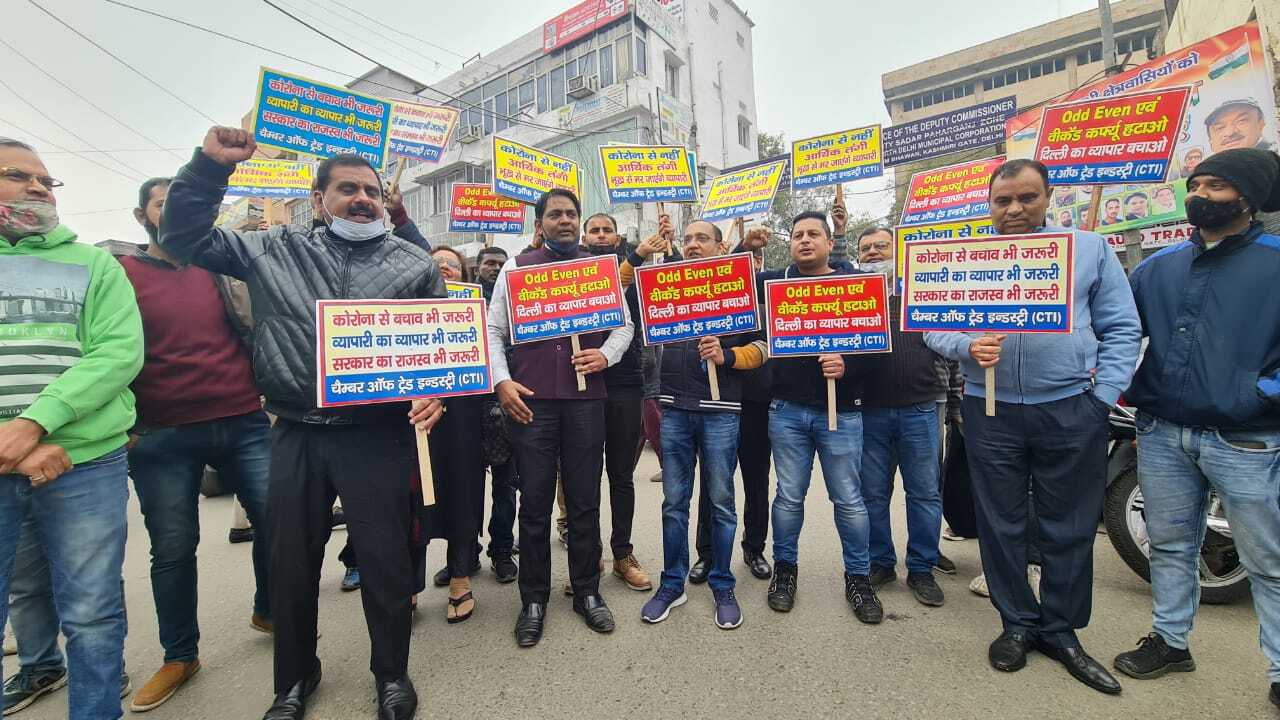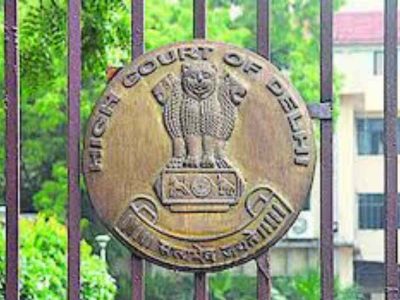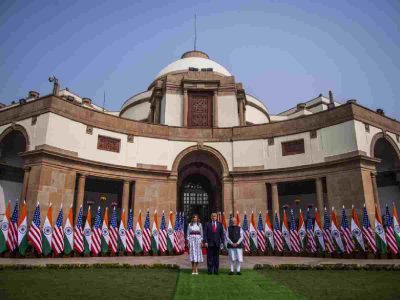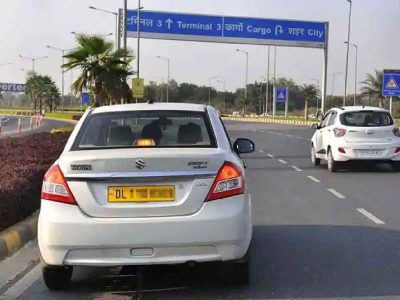Businessmen from around the capital have expressed dismay at Covid-19 restrictions in Delhi, which have hit their earnings hard in the third wave. They have also not got any relief on rent of shops or electricity bills from the state government
On 21 January, Delhi’s Deputy Chief Minister Manish Sisodia informed via a digital press briefing that his government had requested the Lt Governor Anil Baijal to lift weekend lockdown, scrap odd-even opening of shops and open private offices with 50 per cent capacity.
Only opening of private offices with 50% capacity was given the nod; the other two requests were rejected by the LG. This proposal was floated after the capital witnessed a sharp decline in cases in the last week.
Traders and shopkeepers are not happy with this decision. Narayan Shamnani, President of Gole Market Merchant Association told Patriot, “I am not able to understand why LG is not confident enough to allow normal opening of shops. The reason behind his no-confidence might be the mismanagement by Delhi CM Arvind Kejriwal. Because of this weekend lockdown and odd-even system, we shopkeepers are only able to open our shops for 3-2 days in a week, I can’t understand the meaning behind this. Our Chief Minister is focusing on Punjab and here we people of Delhi are facing huge losses.”
When we asked him if there was any help or assistance they got from the Delhi Government, he said, “No sir, we shopkeepers are paying taxes and in return, we are getting nothing. When the first and second lockdowns were executed, we thought that we would get a rebate in electricity bills but nothing like this was done. We have even paid fixed electricity charges of around Rs 3,000-5,000 for a 10 KW load when our shops were closed for months. We have to feed our family and as well look after families of our workers but how can we pay them without opening shops”.
“It is harder for shopkeepers, those who are doing business in rented shops. Last year amid the second lockdown our shops were closed for three months and many of our brothers, those who have rented shops from NDMC, had paid full rent for closed shops. NDMC was thinking of charging late fees from the shopkeepers but, after our protest this decision was reversed”, he added.
Deepak Kumar Jain, General Secretary of Chandni Chowk Sarv Vaypar Mandal said, “This system has disrupted our businesses, we traders are facing a huge loss. On average, a shopkeeper is opening the shop for 2-3 days a week and whatever he is earning is spent in meeting expenses. Because of this, we are living from hand to mouth. Now the situation has become unbearable for us and we are witnessing payments default. This phenomenon of open-close has affected our financial circle which is shrinking day by day”.
When we asked them how they are managing in this testing time, he said “Our little savings which we have accumulated after the second lockdown is going to dry up soon if this system continues. Now it has become hard for us to pay salaries to our employees and our brothers who are in rented spaces are left in the lurch because on one hand they have to look after business and on the other hand they have to pay rent while their shops are closed”.
“Markets were already empty and footfall of customers has already decreased and amid this situation, this partial lockdown has broken our backbone,” he added.
According to a survey conducted by People’s Research on India’s Consumer Economy (PRICE), a Mumbai-based think-tank, in the last five years, the lower middle class has witnessed a decline of 32% in their household income and middle-class families have seen a decline of 9% in their household income. This survey shows urban poor and urban middle-class populations have seen a drastic dip in their income.
Shopkeepers around the capital are now protesting against the odd-even opening of shops and weekend lockdown. On 25 January, the Chamber of Trade and Industry launched a campaign against these restrictions. For three days, CTI will run this campaign in 100 markets of the capital. CTI members have sought an appointment with LG to discuss problems faced by small businesses and request him to scrap the odd-even system and weekend lockdown.
For more stories that cover the ongoings of Delhi NCR, follow us on:
Instagram: https://www.instagram.com/thepatriot_in/
Twitter: https://twitter.com/thePatriot_in





